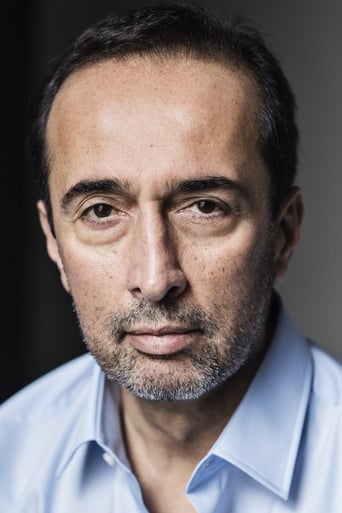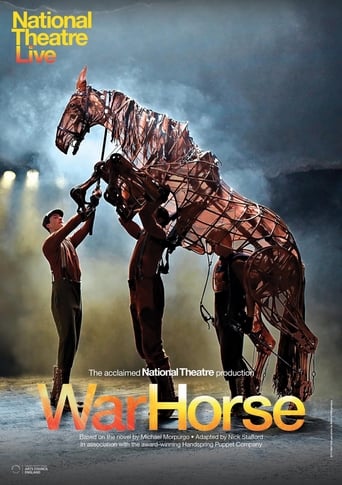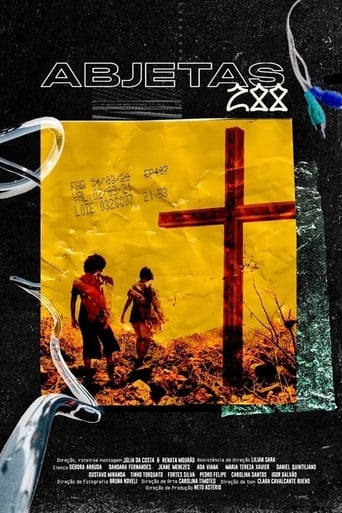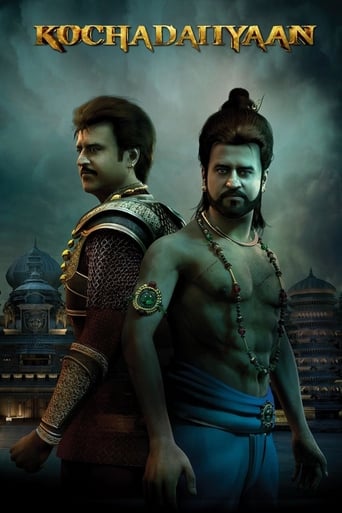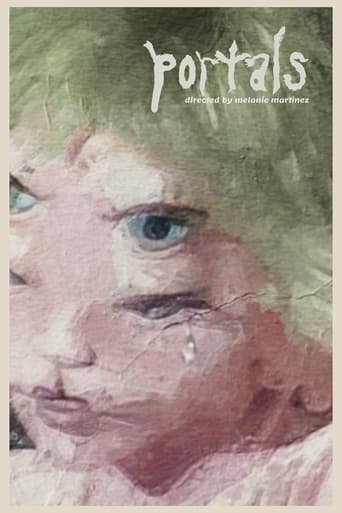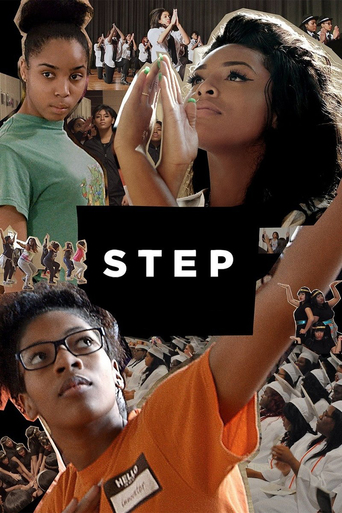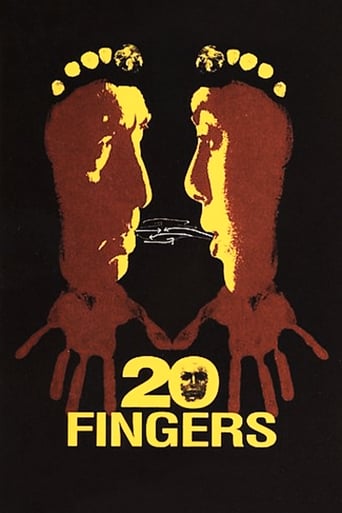
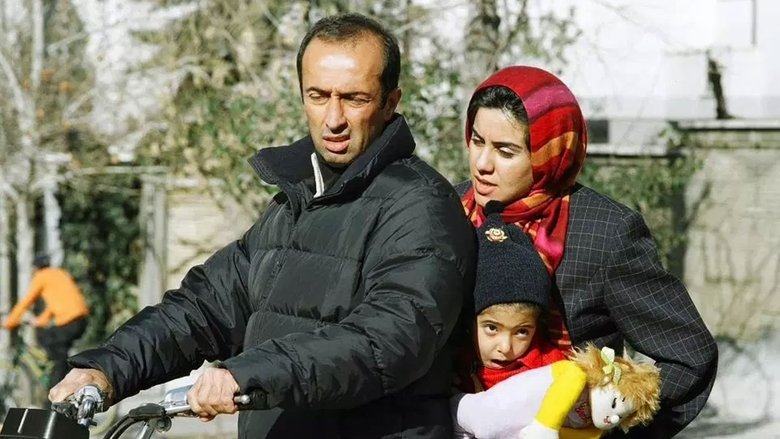
20 Fingers (2004)
The subject of the film is male-female relationships. Composed of 7 vignettes, "20 Fingers" features Mania Akbari and Bijan Daneshmand as a contemporary Iranian couple. The film is an intense, bumpy series of conversations and sometimes quarrels reflecting the problems facing Iranian men and women and the struggle between modernism and tradition, liberalism and conservatism.
Watch Trailer
Cast
Similar titles
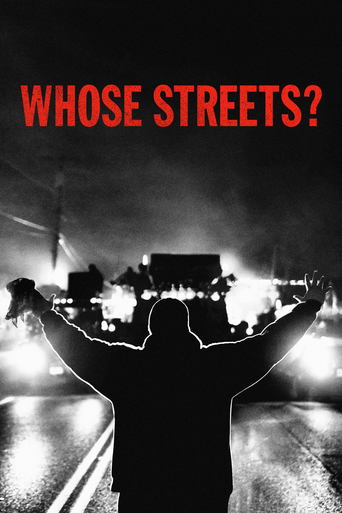
Reviews
Excellent, Without a doubt!!
It's funny watching the elements come together in this complicated scam. On one hand, the set-up isn't quite as complex as it seems, but there's an easy sense of fun in every exchange.
This is a gorgeous movie made by a gorgeous spirit.
Through painfully honest and emotional moments, the movie becomes irresistibly relatable
I first saw this film in Malmö Film Festival 2006th A very interesting Iranian film by the female director Mania Akbari. The actors perform their roles with great reality and it makes the film affects the audience deeply. It may be uncomfortable at times because of sincerity that patients are explored. A new generation of Iranian films has been born. Here we see that the couple has relationship and marital problems similar to those found in Western countries. It could be about jealousy, abortion. It can be about dancing with another person, homosexuality, sexuality, free relationships and so on. In this film we see a different picture than we're used to from newspapers and televisions. We meet a modern Iran with modern society's problems. This is a wonderful change that is on the process in Iran and Iranian films. Mania Akbari is leading in that way. This is an excellent film with a very high performance.Sohrab Rahimi
20 Fingers strives to portray events in a realistic manner. Everything contributes to this concept. The conversations are seen in their entirety in long takes, shot in natural (practical) lighting and in real-world locations with 'stolen' footage. The sense that this is a film about a real Iran is palpable and exciting, even given Iranian cinema's usual favoured realism. Out of this, one response is to question if there is an actual narrative to the events, or whether these are simply snapshots. It is very difficult to place the conversations in an order, so this seems to obstruct an attempt at creating a 'story' out of these events. This only serves to increase the realism after all, real life does not run to any pre-conceived plot. However, the realism means that this relationship is assumed to continue after each fade to black, so the conversations that are shown may construe some particular meaning. Even from the first conversation there is a sense of conflict between the two. This is referred to in every conversation as jokingly 'the games we play'. One criticism I think can be levelled is the familiarity of this phrase in popular culture, certainly western culture, and so in some moments its inclusion can seem a little trite though perhaps the fault lies in a lazy translation. However, obviously the idea of the relationship being a game runs throughout, and this lies in stark contrast to the perception of Iran as a formal, strict society.As a film made for foreign audiences, the on-screen relationship of the two actors, dynamic and amusing and often violent, is an undeniable eye-opener.
A man and a woman are together as husband and wife, but things are not as smooth as they should be. She has become pregnant with what will be their second child but she doesn't want to have it and has made an appointment for an abortion. He wants another child his chance at a son, but all she can see is this will end any small bit of freedom she has carved for herself and will make her body uglier and fatter. This contentious issue is only one they differ on as the series of scenes highlight the issues faced by men and women living in a traditional religious culture.With a title that refers to the number of sexual partners it takes to turn a woman into a whore (according to a grandmother) this is a fascinating film that delivers just enough narrative to hold the film together as a story while it goes down a much more interesting road of looking at men and women within "modern" Iranian society. The film opens with a rather disturbing scene that didn't totally work for me but then gets better as the dialogue flows, the characters come out and the debate is spread throughout the film by people who discuss it as if they were just normal people in the street. The narrative side of it perhaps takes it to extremes in the final section but otherwise the story holds together well enough and the characters work. Of course, the actual debate side of it is the money, and it is worth seeing this for simply because it allows you a view of a culture you will not know (if you are in the West) and then debates it from both sides. It is fascinating and, more importantly, thought provoking and it is easy to see why it has been banned in some countries where this sort of freedom to think and speculate is not really the norm.In terms of direction, the film is really impressive. Sure some of it is a bit jerky but it is only occasionally that that bothered me but technically it is still very impressive. Long takes in themselves are challenging and it is surprising just how few edits there are in the whole film, but the argument on the motorbike scene is particularly memorable. Most people will think of Goodfellas when asked to name an impressive "one shot" take; perhaps some will think of the bogus "one take" in Snake Eyes, but this sees an argument on a motorbike through the streets, into and then out of a taxi all in one take. Apparently it was very difficult but it was worth it as scene works on both a technical level and in terms of material. With the long takes the actors are even more impressive and both Daneshmand and Akbari are very natural and make the debate and characters work well.Overall this is a fine film that is well worth seeing. The narrative may not be the strongest because of the way in which the film is delivered but everything else works well. The long takes mean that both the acting and directing must have been challenging but they are all impressive. The script comes across natural but provides an insight into the society while also building an interesting and engaging debate around it. Well worth seeing, in particular for the all-star turn from Akbari hitting the target as writer, performer and director.
This film is one that when you leave the cinema, you go on talking about it for days to come. It engages you. Seven conversations between a man and a woman: played by Bijan Daneshmand and Mania Akbar. They are not just conversations, they are energy charged , emotionally engaging conversations, ending sometimes in a fight or massive argument. As a viewer you get very involved, Filmed beautifully, you do not feel the presence, the existence of a camera. It flows so smoothly. The part played by the man is challenging , portraying this insecure person, and yet a man that wants to be seen strong, a middle eastern man. Pretending that he likes to give freedom to his partner, but when it really that freedom is requested, it is denied. An impressive performance by Daneshmand. Mani Akbar, seen in "Ten" over 2 years ago, gives a good solid performance as a young woman wanting more freedom and movement in her life. Highly recommended film.

